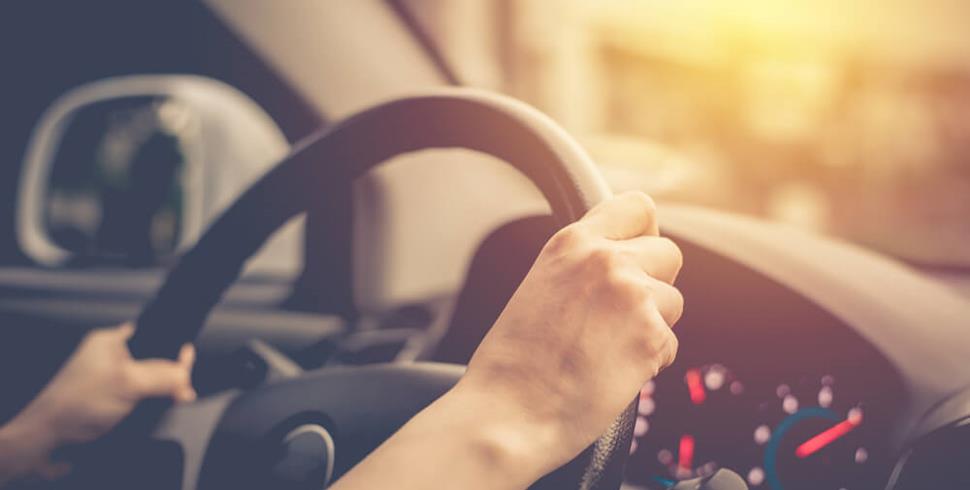
Drunk in charge is an offence under Section 5(1)(b) of the Road Traffic Act 1988. It is similar to a drink driving charge; however, it differs in that it does not require the individual to be actively driving the vehicle. Instead, it pertains to situations where a person is seated in the vehicle, typically in the driver's seat, or is in a position of control over the vehicle, such as possessing the keys while being in proximity to the car. Typically, charges for this offence arise when the police are unable to establish that the individual was driving the vehicle.
How to defend a drunk in charge allegation?
Contrary to what people may think, defending a drunk in charge allegation is not as easy as saying "I wasn't going to drive" - let's be honest, everybody is going to say that. In order to be successful, you have to demonstrate that you had no intention of driving the vehicle whilst over the legal limit. This is more difficult to prove in a case which involves higher alcohol levels. The court may also argue that if you were under the influence of alcohol, you may well have made the decision to drive.
.
As a defendant, the burden falls on you to demonstrate on the balance of probabilities that you had no intention of driving the vehicle. In order to prove that you had no intention of driving the vehicle, you could put forward evidence about your intentions that day. Evidence of this could include the following:
-
Statements from friends or family members who knew your intentions that day
-
Evidence from yourself at court about what your intentions were
-
If you had arranged to be picked up by someone else, a statement confirming that point from that person
-
Records of calls to taxi companies or a booking confirmation at the time the police came and spoke to you
Expert evidence
A reliable approach to demonstrate that you would not have exceeded the legal alcohol limit is through the use of expert evidence. We regularly collaborate closely with toxicologists who routinely prepare reports for drink driving cases. The toxicologist will assess factors such as your height, weight, and age, along with your alcohol consumption, to determine when your blood alcohol concentration would have fallen below the legal limit. Should the expert determine that you would have been under the legal limit prior to your intended operation of the vehicle, you may present this argument in court. Expert evidence is highly credible in court due to its clarity, precision, and objectivity, which the court takes into account. If the expert is able to attend you court hearing, then the impact of the evidence is enhanced even further.
Post-in charge consumption
Although this defence is not used as often as expert evidence, it is possible to argue that you consumed alcohol after leaving the vehicle and prior to your return. You may be able to contend that you were not exceeding the legal limit while you were in charge or in control of the vehicle. If your breathalyser reading is low, this argument tends to be viewed as more credible in court, as you will need to provide an explanation for your alcohol consumption after relinquishing control of the vehicle. Conversely, a high breath reading does not preclude you from presenting this argument. If you possess expert evidence indicating that the alcohol consumed after you were in control of the vehicle is the reason for your elevated blood alcohol level, your case will be strengthened considerably.
Private land argument
Another potential defence you may consider is the positioning of the vehicle at the time the police arrived. The CPS is obligated to demonstrate that the alleged offence occurred in a public area. This entails not only proving that the public had unrestricted access to the location or land but also establishing that the public utilised the area with the landowner's consent. If the land in question is deemed private, then a drunk in charge offence cannot be established under the Road Traffic Act 1988.
Drunk In Charge Sentencing Guidelines
|
Breath
|
Blood
|
Urine
|
Disqualification/Points
|
|
36 - 59
|
81 - 137
|
108 - 183
|
10 points
|
|
60 - 89
|
138 - 206
|
184 - 274
|
Consider disqualificationOR 10 points
|
|
90 - 119
|
207 - 275
|
275 - 366
|
Consider disqualification up to 6 months OR 10 points
|
|
120 - 150 >
|
276 - 345
|
367 - 459
|
Disqualify 6 - 12 months (extend if imposing immediate custody)
|
Next Steps: Please get in touch to discuss your case with a member of our team. You can use the contact form below or call 01514228020 for free initial advice. You can also use our drink driving ban calculator or check out our video series.



